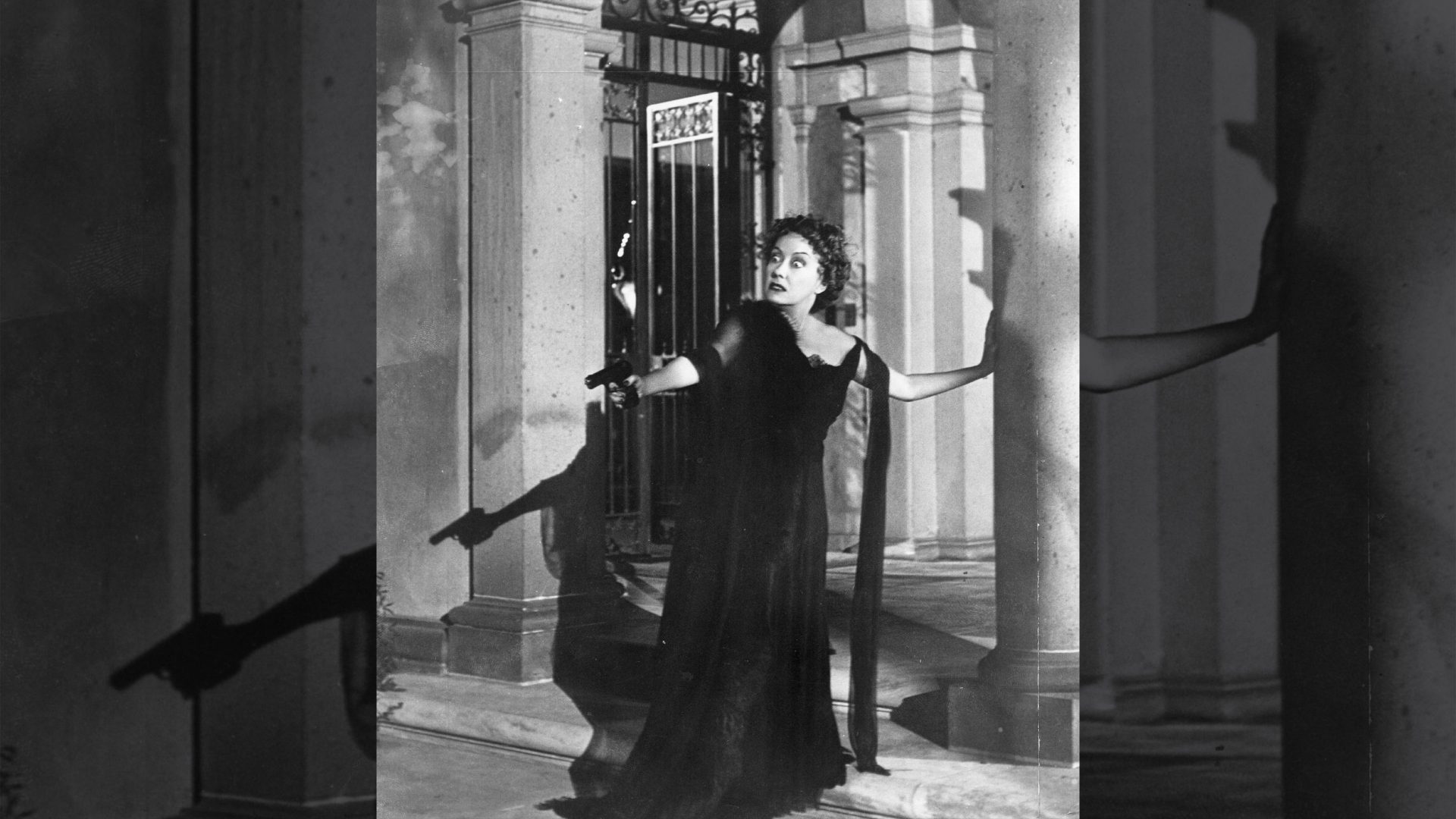When I saw the word menopause trending lately, I was elated.
I thought for a moment that at last this generation of women – the Gen Xers – were coming out of the closet and talking about a phase of their lives that is natural, inevitable and survivable, and in which a woman can thrive.
I was ready, a member of the Boomer generation, to listen to new voices.
I was ready to listen to the testimony of triumphant women.
What I read instead was that the menopause was being used as a reason for the disappearance of Nicola Bulley. We were told that she had experienced what some referred to as “menopause issues” and this may have contributed to what happened to her.
I don’t know what “menopause issues” are in any sort of police sense or general sense. But I do know that menopause is not a disease, as implied, nor a mental condition. It is a natural cycle in the lives of those of us with 2 X chromosomes at birth. Menopause is what happens to us.
You can check the formal definition of the word. But what you will not find is that it is some sort of disorder, some kind of disease, an occurrence out of the ordinary; or something evil, turning its victims into out-of-control monsters.
The menopause is one of the things that we women are. To imply that it is a disorder is just plain wrong.
In fact, there is something always “wrong” with women; something always a bit out of control; disorderly; even fatal.
In reading the speculation about the possible causes of the fate of Nicola Bulley, I thought about myself, sitting in my gynaecologist’s room next to my concerned husband, crying my eyes out like a 10-year-old.
I had been moody and treating the person I loved like dirt. My whole personality had changed. I was gaining weight very quickly and, being a naturally slender person, this completely freaked me out. I couldn’t get into my clothes. It just seemed like everything was out of control in my mind and in my body.
My doctor listened kindly and patiently to me. He was a guy who had dedicated, and still dedicates, himself to taking care of women. There are pictures in his office of some of the babies he had delivered. His was, and still is, a woman-friendly space. He listened and asked quietly if I remembered being 12 years old.
I certainly did. That was when my mother and I started arguing; and I had tantrums and this lasted until I was about 15. My doctor said that I was back there again, except that it was in reverse.
He made me feel like a person once more; and that I could face what used to be called, with trepidation, “The Change”.
But, in too many cases, women still do not talk about this in public, not out loud. Not in the light. Not to the extent that they should, because the space for it is limited.
And that is because of misogyny, the oldest prejudice. This prejudice is rooted in fear of Woman as The Other; as being out of control; needing to be tamed. Different.
If it is true that the most dangerous person in the world, as one psychiatrist has said, is a lonely young man, the most potentially out-of-control person in the world is a woman.
The CNN anchor, Don Lemon, recently got into a world of trouble, by implying that a woman is past her prime past her 30s. He was referring to former governor and former UN Ambassador Nikki Haley, who has just announced her candidacy for president of the United States on the Republican Party ticket.
Don – and I call him by his first name because I know him and have worked with him on CNN – pointed out that a 51-year-old woman is not in her prime. He exhorted his co-hosts and his entire audience, mostly women, to “Google it.” It got worse.
His co-anchors on the CNN breakfast show, This Morning, who happen to be two women, pushed back vehemently. One of them even left the set, for what in US TV jargon is called a “bathroom break”.
The next day, Don had “the day off” and a woman anchor took his place.
Like I said: I know Don and he has great respect for women. But the aura of misogyny, its ubiquity; how it is baked into the very culture; how it becomes all of us, in us, is what we have to recognise and fight. Now.
Some historians suggest that misogyny came to be with the suppression of matriarchal cultures and religions and the rise of the patriarchy with its male gods and The One True God – a male – almighty, omnipotent.
Even a guy as “woman-friendly” as Don Lemon can fall prey to the notion that women are inferior. Lesser.
In the classic Sunset Boulevard, the great Billy Wilder presents us with a monster: what was then considered to be an elderly woman: a 50-year-old.
Norma Desmond is a former movie star facing oblivion. I was about to write something like: “Can you believe that 50 was considered old?” But it still is for a woman in some jobs where she has to be front-facing; has to be with the public.
Like the job that Don Lemon has.
A man can still run for president over the age of 60. A woman, not so much.
Once, in a museum in Greece, I saw a shield with the face of the Medusa, a monster woman who could turn you into stone if you looked at her.
I imagined the ancient Greek warriors doing battle with the image of an enraged female, snakes as hair, mouth open, in what looked like a scream; ready to freeze anyone who looked at her for all eternity.
What I saw, too, was a mirror of the Patriarchy.
Still alive. Still well.




